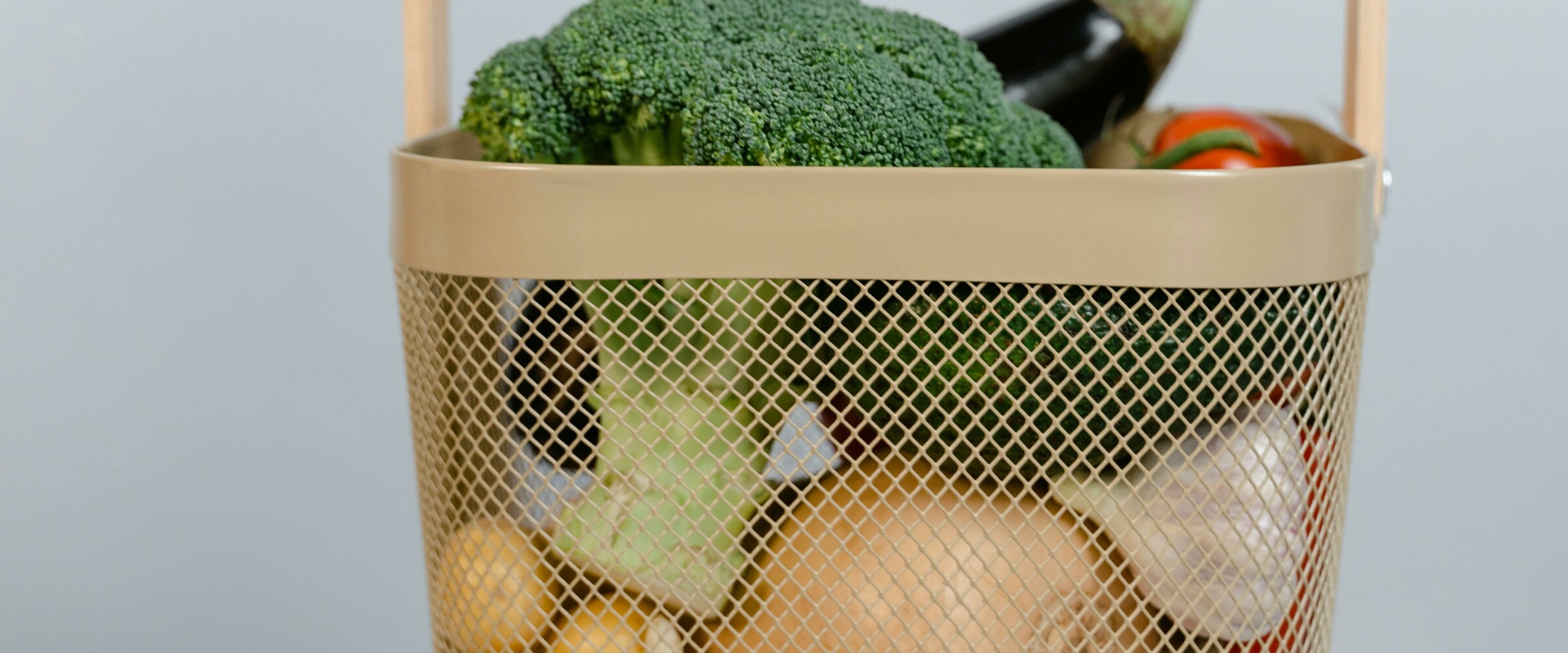
Nutrition and Fertility
What you eat can improve, or harm, your fertility. Here’s what you need to know.
What we put in our bodies is so important for our general health. Most people understand this. What many women don’t know is that our menstrual cycles and fertility are just a reflection of that underlying health.
This means that when we are not functioning optimally, our fertility often isn’t either. Our body is constantly reacting to our environment and that includes the food on our plate.
PCOS is often (not always) driven by high insulin and inflammation in the body – both of which are affected by our diet. We know that highly processed foods and sugar increase insulin and inflammation and in turn affect our hormones, ovulation and our egg quality.
Women who are eating too little nutrient dense foods may often see their periods disappear too – because the body does not feel it is in a safe place with adequate resources to conceive. Women with endometriosis have impaired immune systems and increased inflammation throughout their body – which we know is sometimes linked to problems falling pregnant. New research suggests the microbiome (the community of bacteria growing in the gut) may differ if you have conditions like endometriosis and PCOS, and that for both conditions some of the inflammation begins in the gut and can be affected by what you are feeding your microbiome.
Nourishing your body with whole unprocessed foods with lots of fibre, healthy fats and adequate protein are essential for optimising the health of your microbiome, reducing inflammation, supporting your immune and hormonal system which leads ultimately to healthy ovulation and eggs.
Sperm health is also affected by diet with many studies that show poor diets low in fruit and vegetables, high in sugar and unhealthy fats (found in fried foods) may reduce sperm quality and quantity.
So what diet is recommended?
The Mediterranean diet which is high in antioxidants, omega -3 fats, and gut microbiome loving fibre by including foods like fish, legumes, fruit and vegetables, olive oil, whole grains and reducing processed foods, sugar and trans-fats has been shown to be one of the healthiest in the world for general health and hence fertility.
We also know that eating organic food, when you can, reduces the amount of endocrine disrupting chemicals that you are exposed to. These chemicals have been linked to impaired fertility and can affect the health of your babies and potentially their fertility down the line.
A thorough fertility work up should always include looking for underlying problems and using nutrition as a part of the foundational treatment. IVF can put eggs and sperm together, but the quality of the ingredients is important. Healthy sperm and eggs are more likely to result in a successful outcome whether you need IVF or not, and nutrition is a huge factor.
Remember what we put in our bodies effects our health and our health is a mirror of our fertility. It’s as simple as that.
You can find more on diet and endocrine disrupting chemicals at www.yourfertility.org.au
There are many amazing dieticians/ naturopaths who may be able to help if you need further advice.
